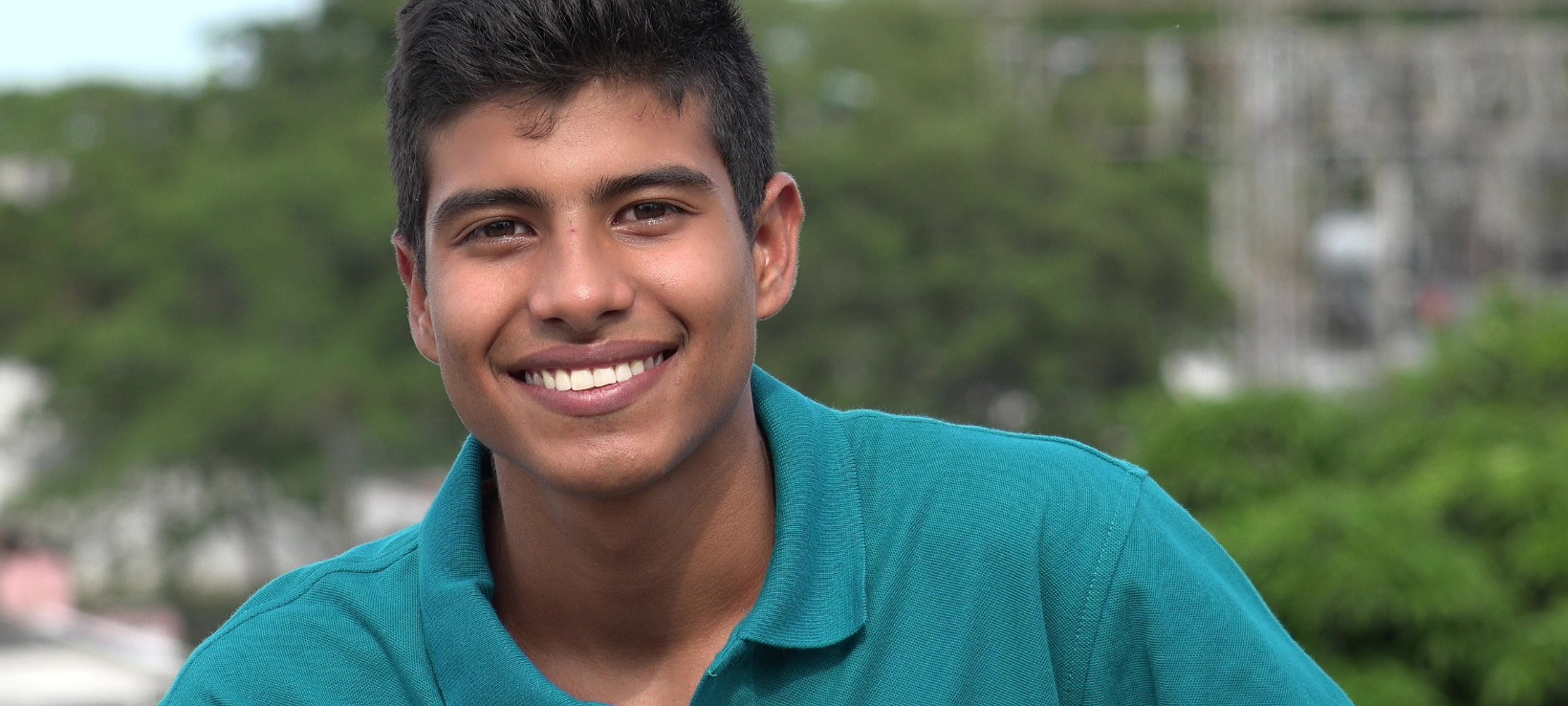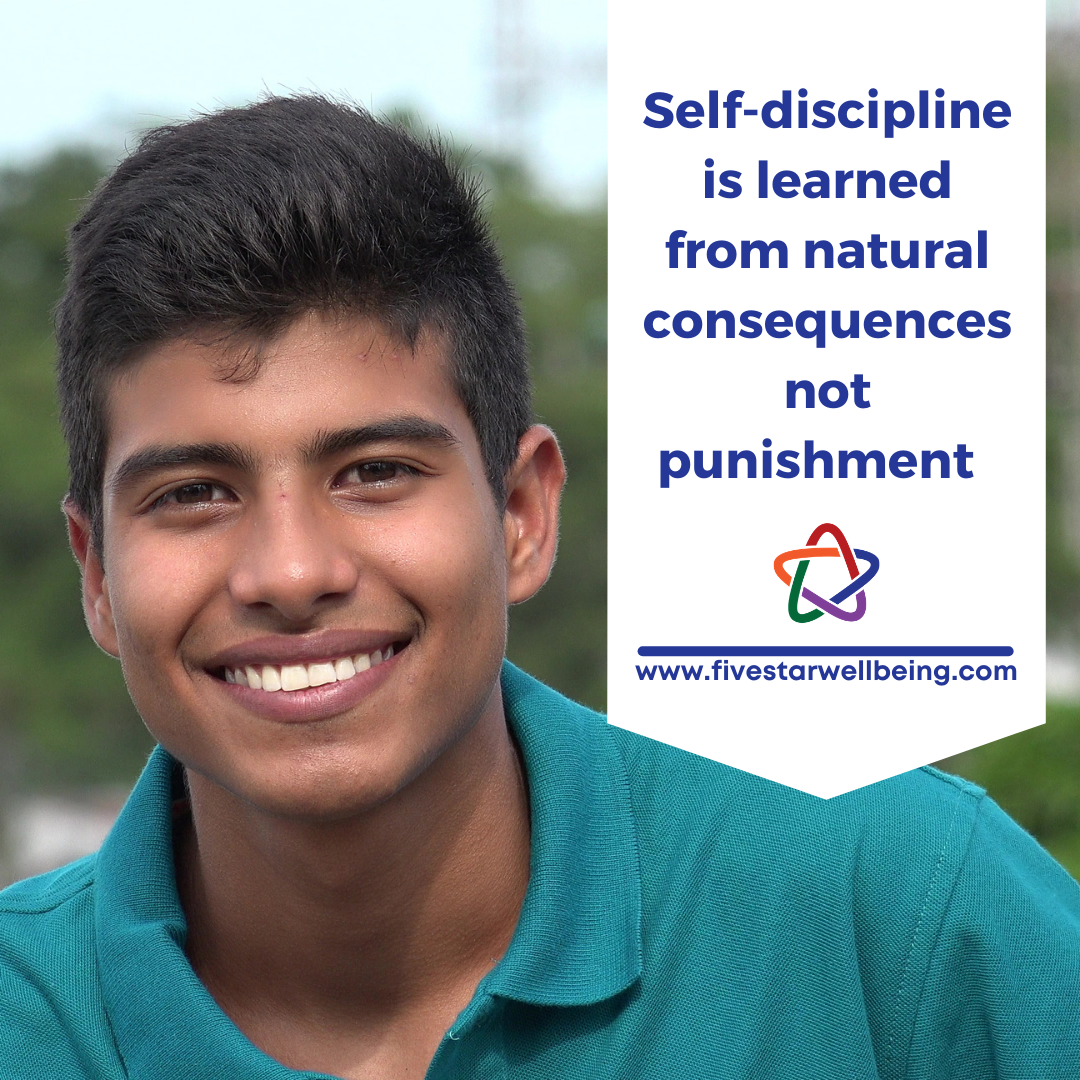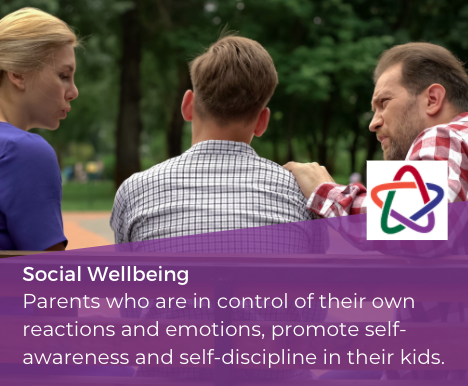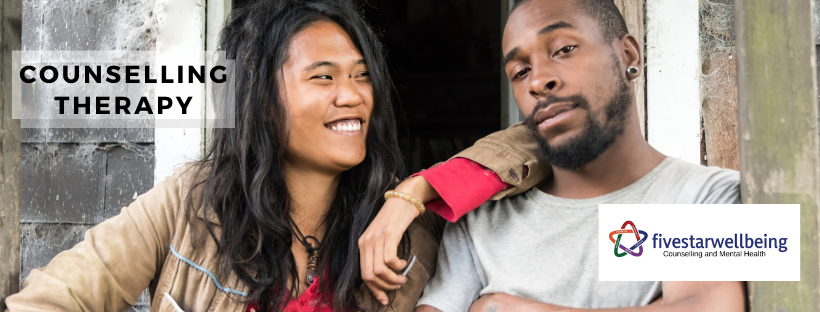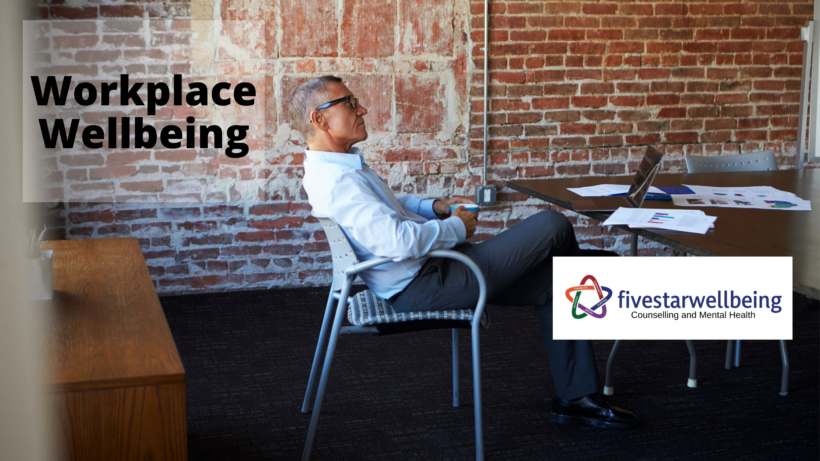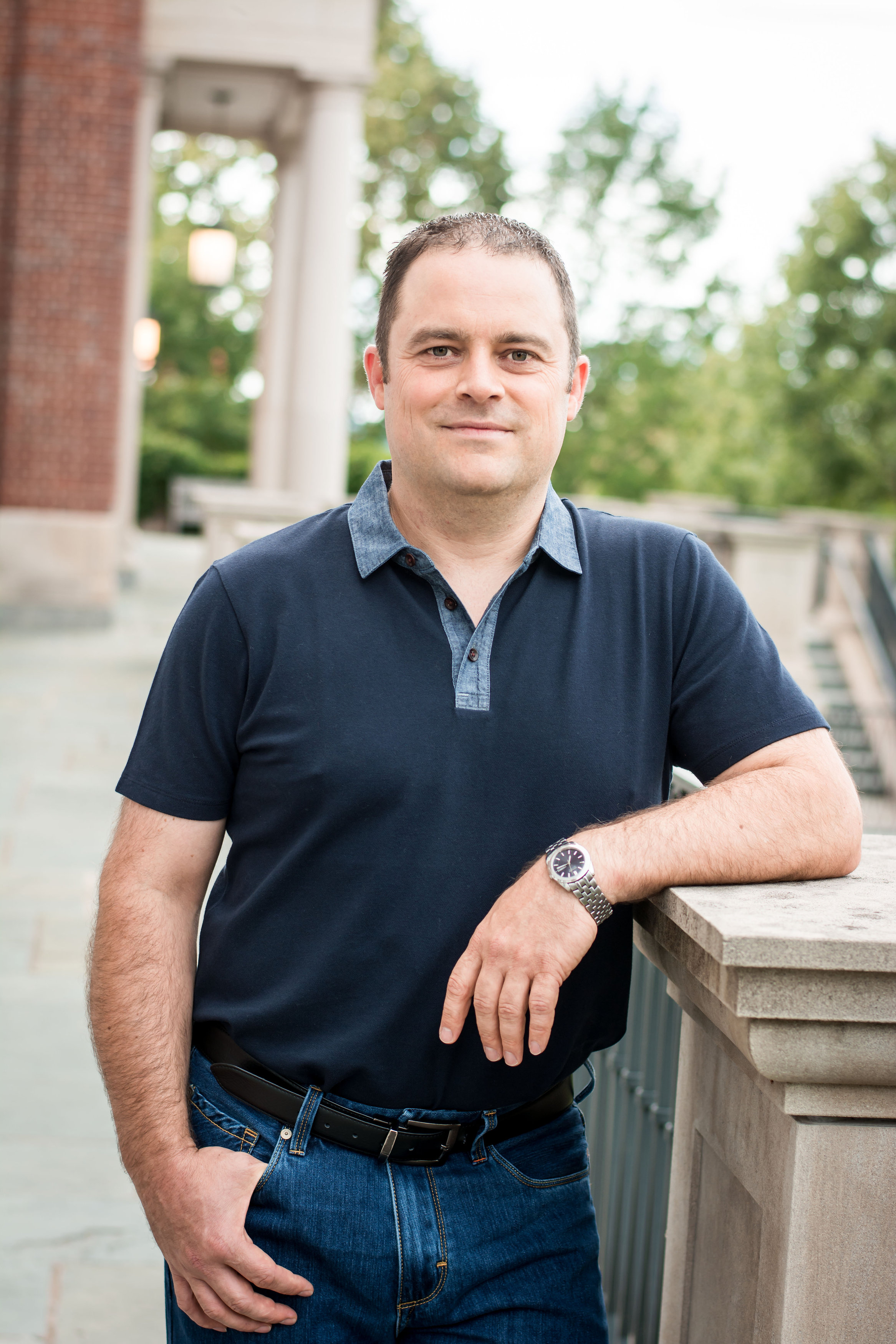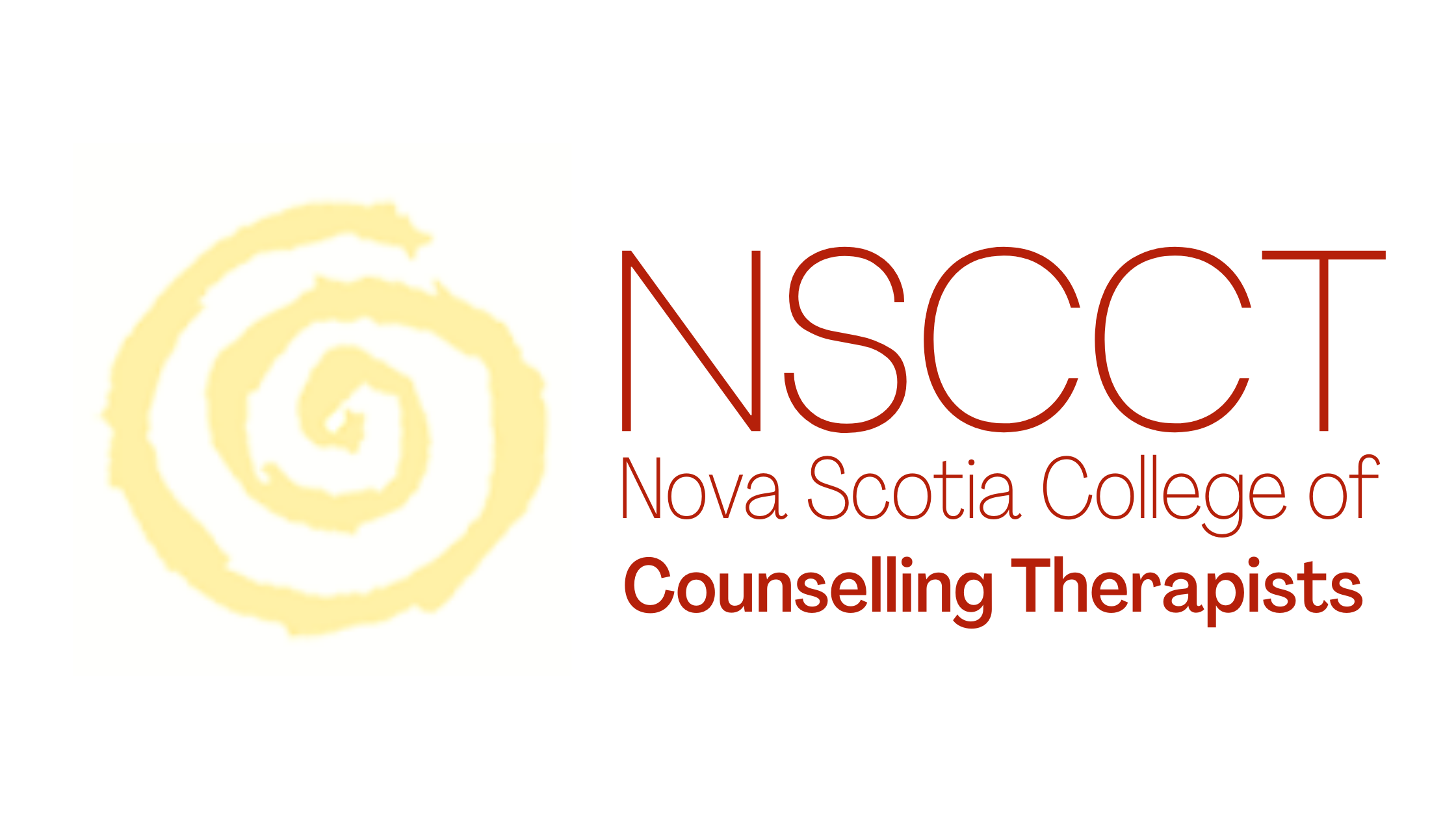Anxiety, depression, trauma, substance abuse, bullying, racism, sexism, homophobia; the list of challenges our children and youth will face in their lifetime appears overwhelming. To become mentally healthy, confident and competent young adults, our kids will need to develop self awareness and self-discipline. Two families I have worked with in family counselling demonstrate the complexities facing parents.
- A male teen who has repeatedly displays high risk behaviours has seizures and is sent to hospital after consuming a bottle of cough syrup with friends
- Revealing photos of a female teen are circulated around her high-school and the situation is brought to the attention of her school administrator who informs her parents
Threats, Bribes and Punishment Impair Self-Discipline.
When parents see their kids struggle, there's a natural urge to help and protect them. But when we rescue our kids by stepping in and resolving problems for them, we rob them of the confidence and self-discipline that develops from solving problems for themselves. The message a kid gets is, "the world is a difficult and dangerous place and you aren't really capable of navigating it."
On the other hand, when a kid avoids responsibility or does something to themselves or others that cause harm, parents often feel the need to punish their kid to teach them a "lesson". But punishment can also delay a kid's development. Punishment can rob a kid of their ability to reflect on the experience, an important part of learning. Instead, they resent the parent's punishment. The message a kid gets is, "you aren't capable of learning from your mistakes, so we're going to punish you to be sure you get it."
Natural Consequences Promote Self-Discipline
Experiencing real-world consequences provides meaningful lessons that help kids learn thinking skills and self-discipline. Consequences can be either natural, reasonable or both.
Natural consequences include feeling embarrassed, losing people's trust, feeling violently ill, being suspended from school or having a criminal record. Parents often underestimate how significantly natural consequences affect kids. Often the natural consequence is enough to prevent them from repeating the mistake. All parents really need to do is support their child, and help them understand the risk they put themselves in or the harm they have done to themselves or others.
"You must be feeling rotten after having your stomach pumped.. I'm sorry you had to go through that. I'm so happy you're okay. Is there anything you would do differently if you were in the situation again? What do you want to do to fix the situation?"
Reflecting on real-world consequences helps kids learn to think through past problems, and plan for future situations to avoid similar consequences in the future. This also helps kids trust their own judgement and believe in themselves. The message a parent sends is, "We are here for you. We know you can handle this. We trust you."
By allowing natural consequences to play themselves out, parents provide space for reflection and learning that enables kids to make different choices and build self-discipline to benefit them in the future.
At times, parents may need to add reasonable consequences to help kids avoid repeating mistakes or that may be life-threatening, character damaging or unhealthy.
"How are you doing? I know that you never imagined having the photos wind up in the newsfeed of so many people. I'm sorry that happened. Listen, before you use your phone again, we're going to need to establish some rules about about the safe use of technology and you are going to convince us you can follow these when we aren't around."
Model self-discipline to develop self-discipline.
We all solve problems and make better decisions when we are in control of our feelings and emotions. Especially with big problems, parents also deal with fear, shame and disappointment. When parents react emotionally, kids miss the chance to experience and deal with their own emotions. What kids need most in difficult situations is a parent who thinks clearly and doesn't get swept up in their own emotions so the teen can process their own emotions. This helps the teen develop a deeper sense of self-awareness and ultimately, greater self-discipline.
In her book Kids Are Worth It, Barbara Coloroso says that parents who resist punishment and instead focus on discipline help kids:
- maintain a sense of dignity
- develop a deeper understanding of the problem and possible solutions
- take ownership of the problem
- learn what they have done wrong and find ways to resolve the problem
When you don't over-react, rescue and punish, you increase the likelihood that your child will learn from their experiences and see you, not as another problem to manage, but someone they can go to for help when needed.
Natural consequences can be found at all ages and stages. The earlier your kids learn to navigate problems the more confident and competent they will be at managing bigger problems in the future - at work, with colleagues, in intimate relationships and in the broader community.
When you have an opportunity this week, give some thought to the real-world consequences you have faced. Did your parents tend to be rescuers or punishers, or did they support you to navigate and solve problems for yourself? What impact did that have on your confidence in solving problems?
The next time you have a chance with your children, take advantage of real-world consequences and empower kids to become more confident, competent and self-disciplined.
Take good care,
Derrick
Wellbeing Assessment
Our Services
Our mindfulness-based approach to counselling therapy focuses on promoting your wellbeing and mental health so you can enjoy life more fully.
When you improve employee wellbeing and mental health, you improve the lives of your employees, boost morale and your bottom line.
About the Author:
Derrick McEachern is a Registered Counselling Therapist (RCT) in Nova Scotia, and a Canadian Certified Counsellor. He specializes in providing mindfulness-based cognitive therapy in the areas of addiction, healthy relationships, grief and loss, and career and life transitions. He offers workshops and webinars and consults with businesses on ways to improve employee wellbeing and mental health.
Derrick McEachern, M.Ed., RCT, CCC
Counselling Therapist, Owner
Five Star Wellbeing Counselling and Mental Health
tel: 902 698 1194
[email protected]
https://fivestarwellbeing.com

